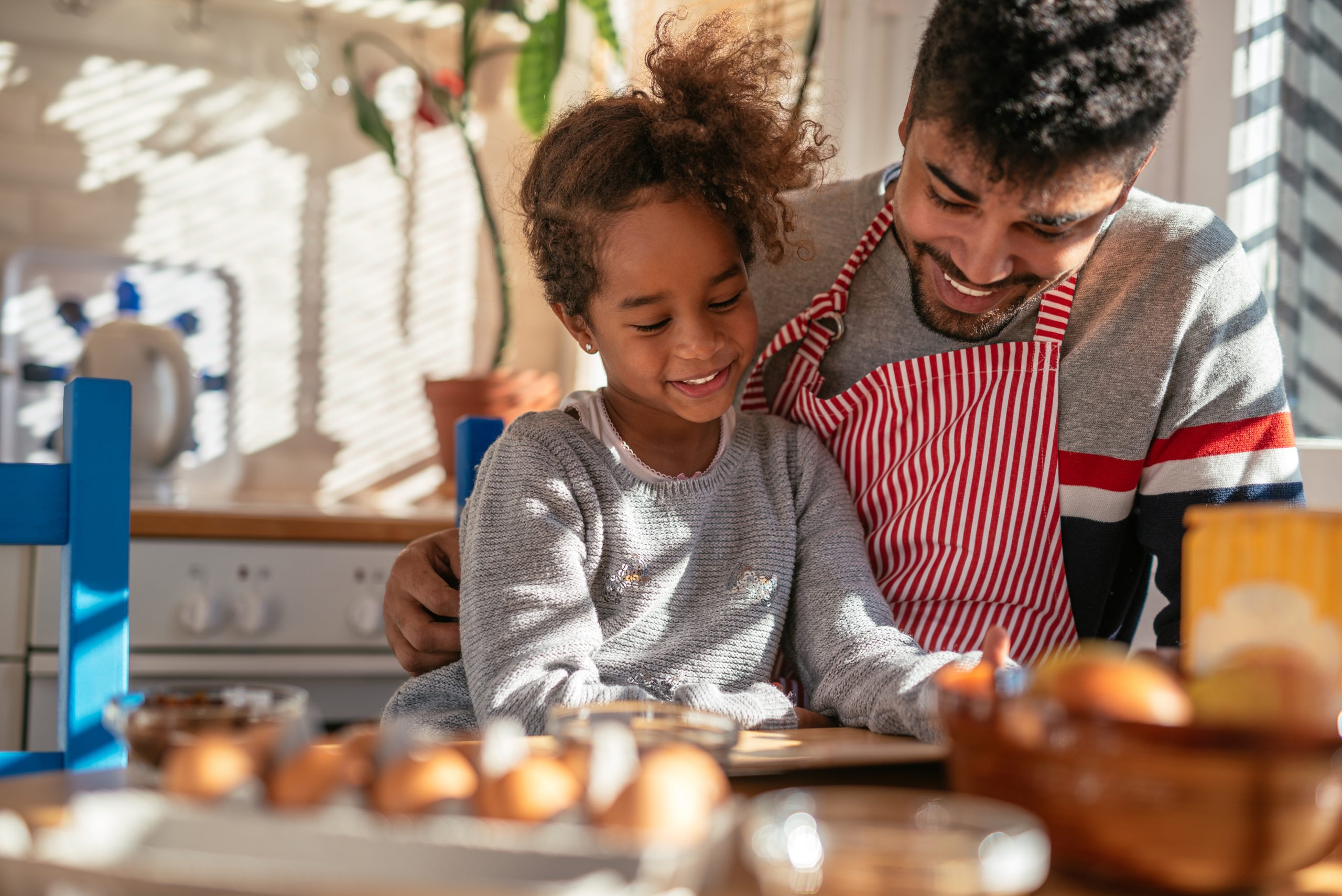
I can’t say I feel old enough, but it’s true: we have a child in middle school.
A new school. A new chapter. A whole new world.
And as much as we sometimes feel like a deer in the headlights, thankfully, we’re not on our own during this transition to middle school. We have experts—parents, teachers, friends—around us who are already giving us insight into the middle school mind. They are people who’ve been there, know what we’re going through, and can help us along the way. Here’s some of what we’ve been learning.
Middle School Changes
There are four major areas where middle school kids are changing.
Physical Changes
In general boys and girls develop at different rates. Most of the girls seem like giants compared to many of the boys who still look like they could be in fourth grade. This will change over the course of middle school. Kids will grow up. Yet as they grow, the body doesn’t grow at a standard ratio. The upper body may grow faster than their legs, or their feet might grow faster than the rest of their body, or kids might even start looking like bobble-heads again. They don’t call these the “Awkward Years” for nothing.
Intellectual Maturity
Our middle schoolers are more “worldly” than any previous middle school generation. They have access to the world at an unprecedented level, finding all sorts of information within seconds from a device that sits in the palm of their hands. Our kids are digital natives and know how to discover anything they want whenever they want. Yet, developmentally, so much of what they find is beyond what they can understand. They are still quite shallow in their thinking and act more like children than adults.
Emotional State
Have you ever wanted to ask your kids, “Who are you and what did you do with our son?” Sometimes it seems like our kids are three different people trapped in the same body. Sometimes they can help this, but most times they can’t. They are hormonal, moody, and often irritable at a moment’s notice. On top of the hormones, they have a fragile self-concept. Because it’s still all about them, they take everything personally, while wondering if they’re good enough.
Social Development
Middle schoolers are experiencing a growing dependence on peers to find self-worth. They want to make friends and hang out with them without parents around. They will start to detach from family and begin to develop their independence.
Yet because these kids are unsure of who they are and who they really want hang around with, their friend groups will change. Kids who were best friends in elementary school might become casual acquaintances. Don’t be alarmed if your kids shuffle through different friend groups throughout the year. It’s just part of the process of growing up.
Throughout all of those changes, it’s important to remember this: Parents are still the most important people in a child’s life.
We can help our kids through this process. We were promised this won’t be easy. So, stay tuned next week for some practical tips to help you, as parents, survive the middle school years.
Do you have a kid starting out middle school? What changes have you noticed already?




